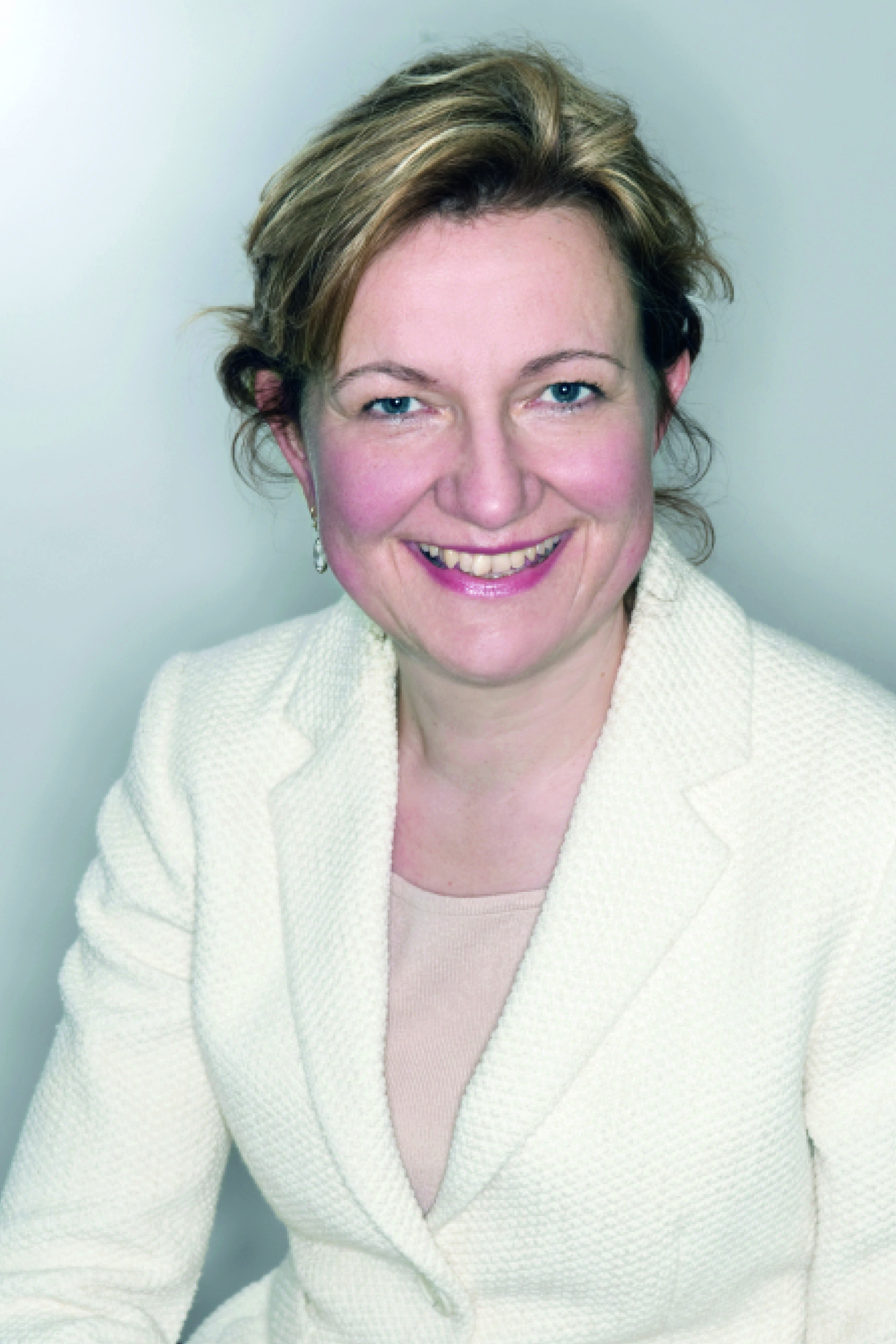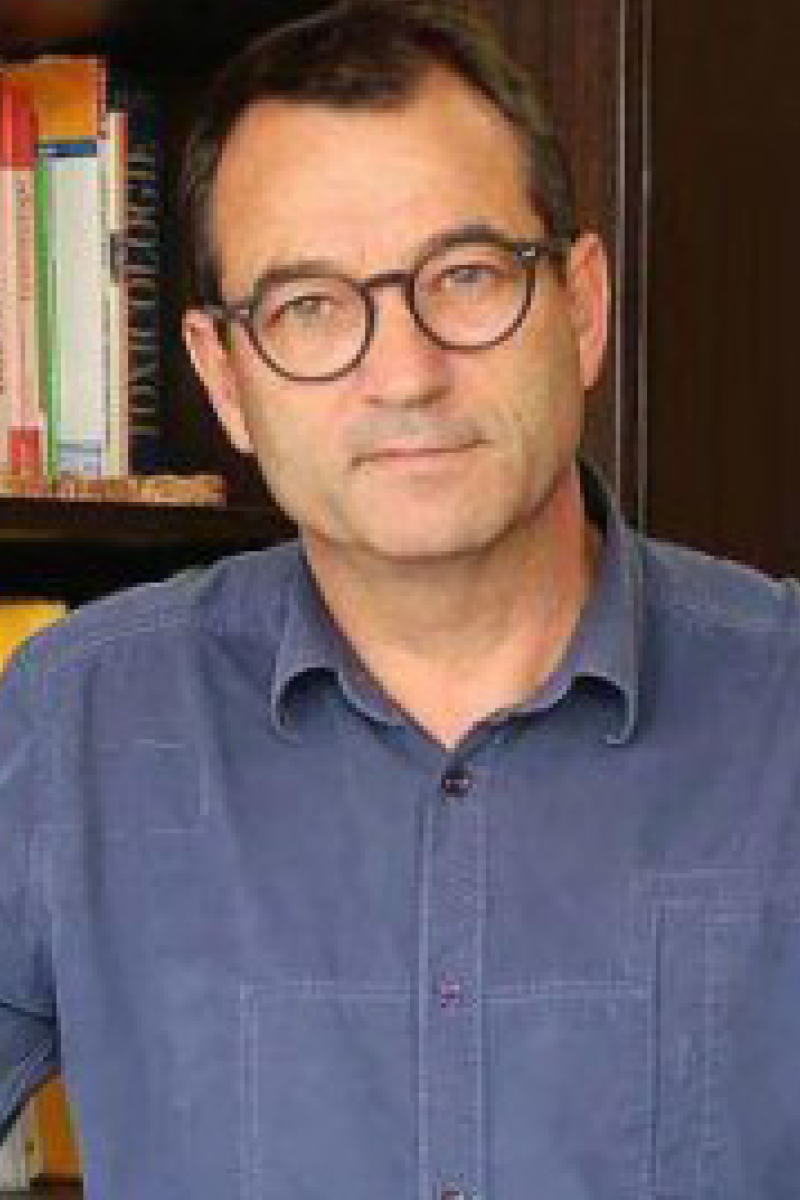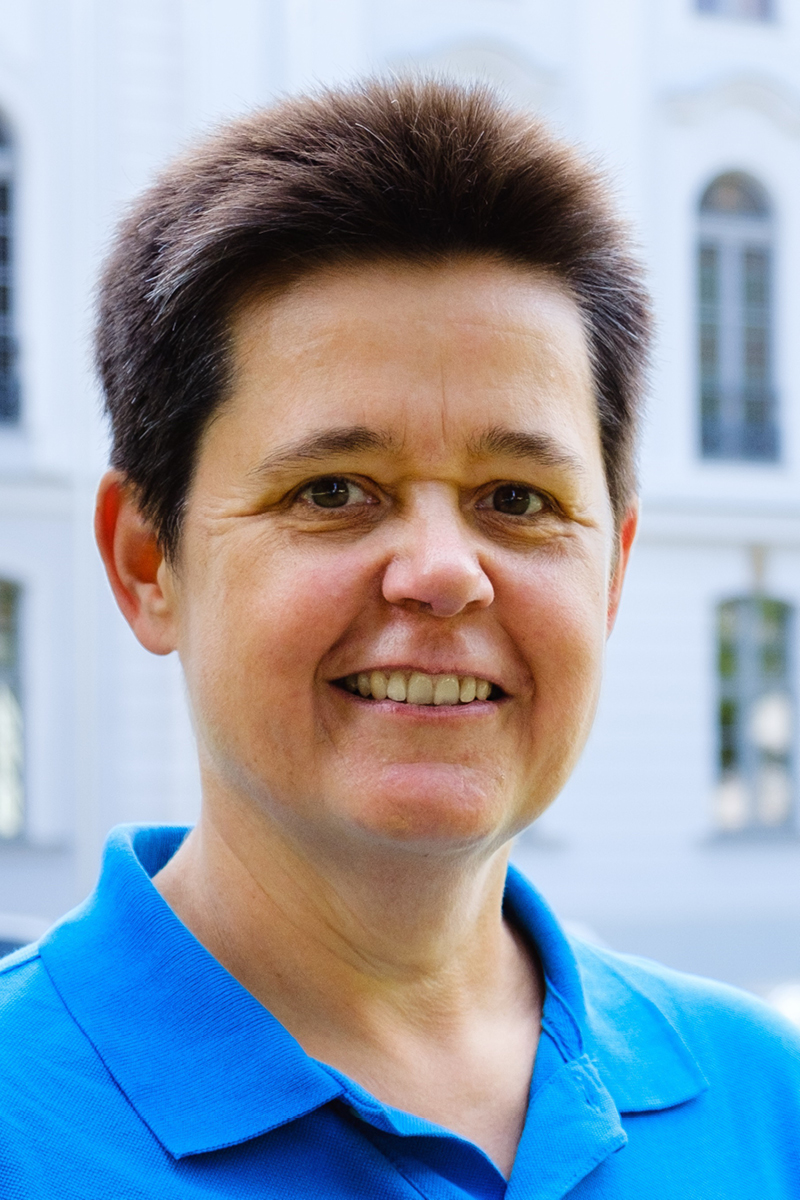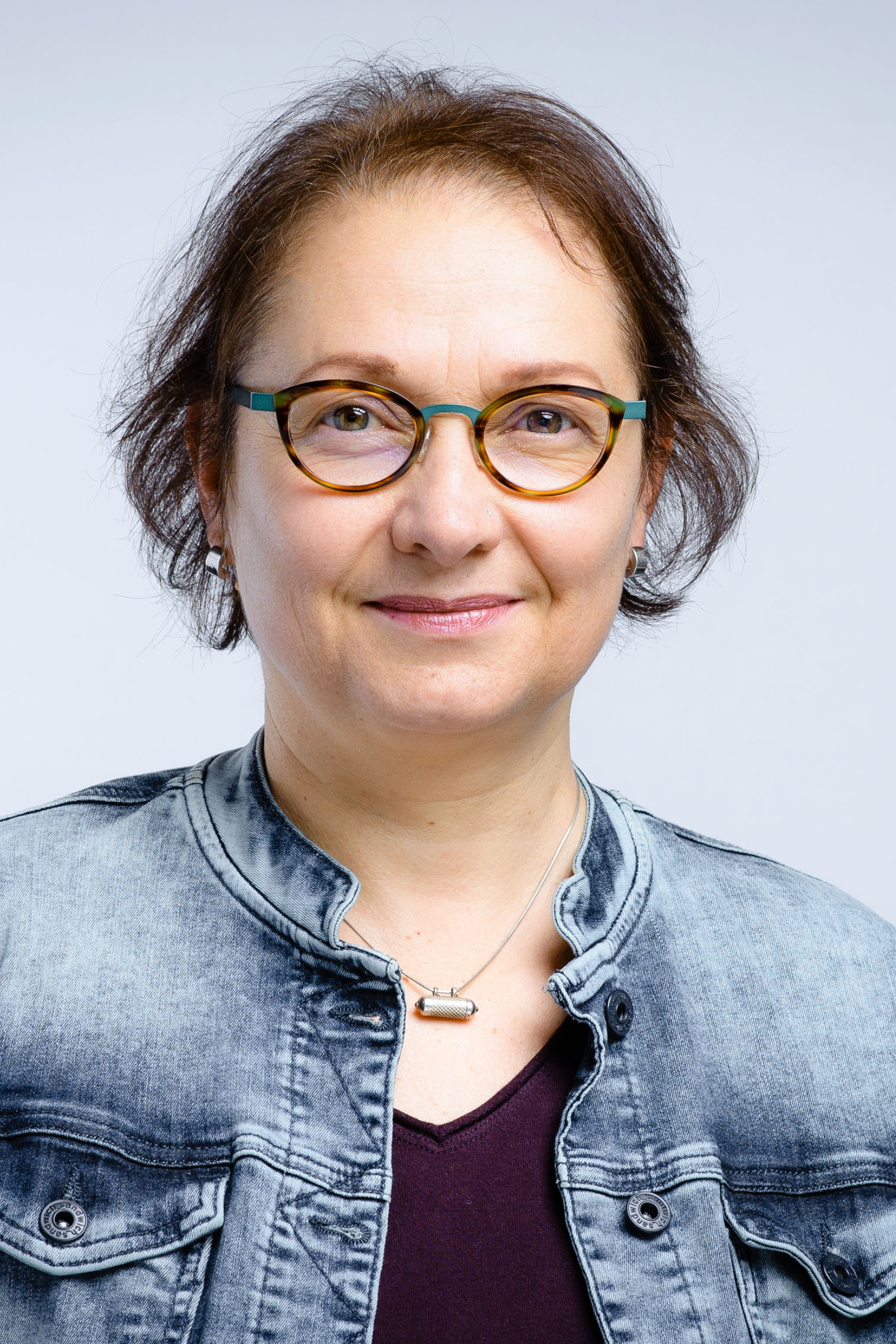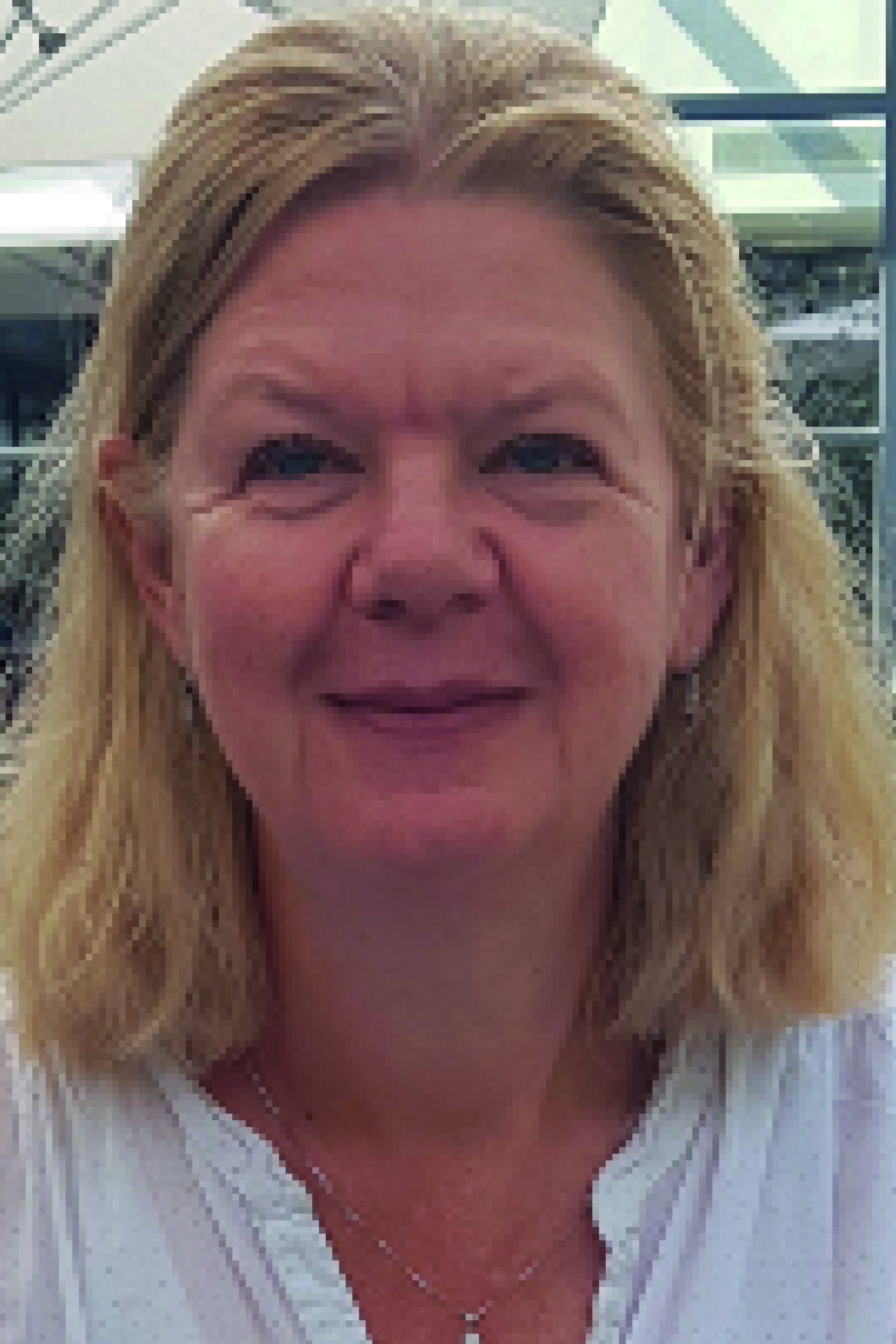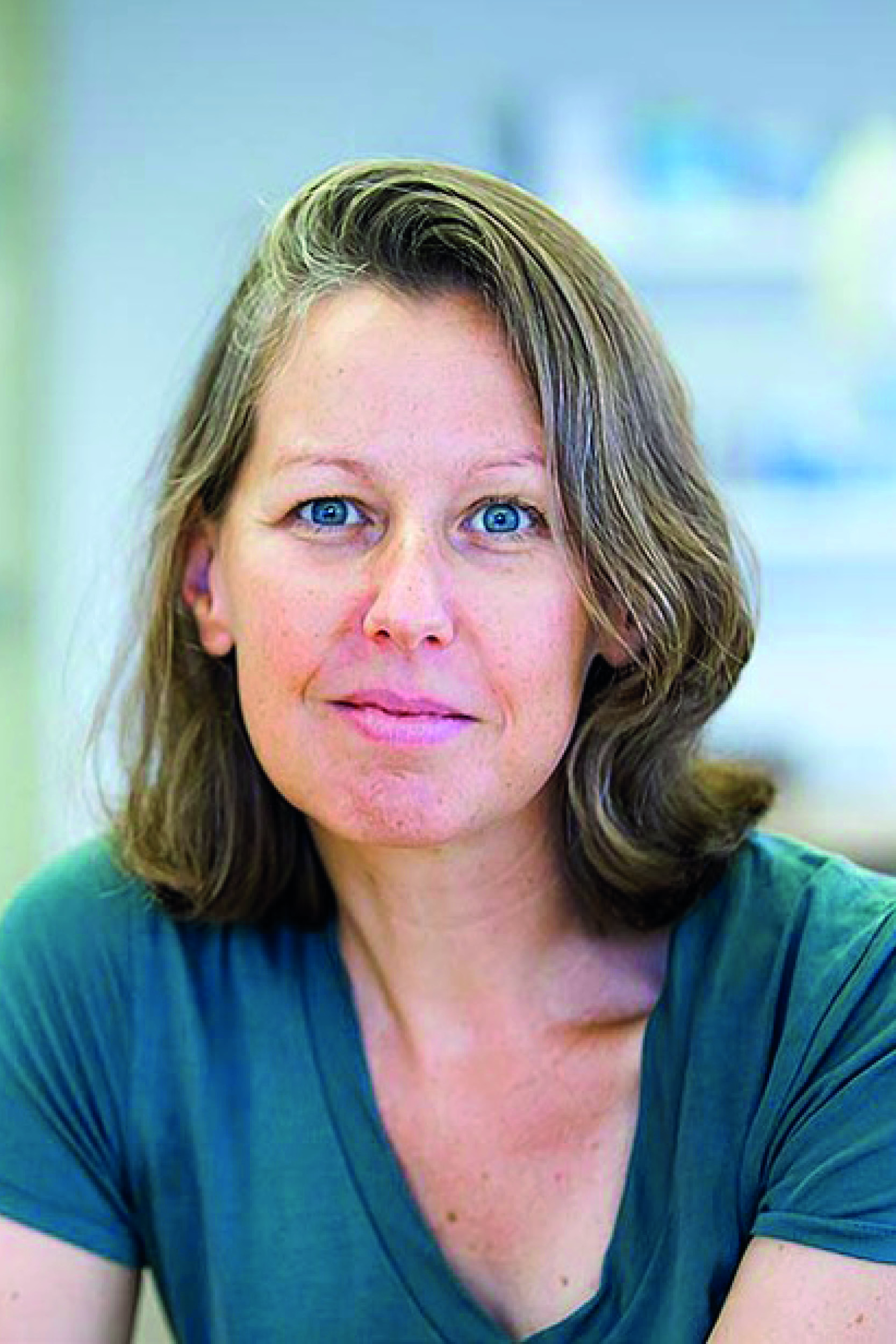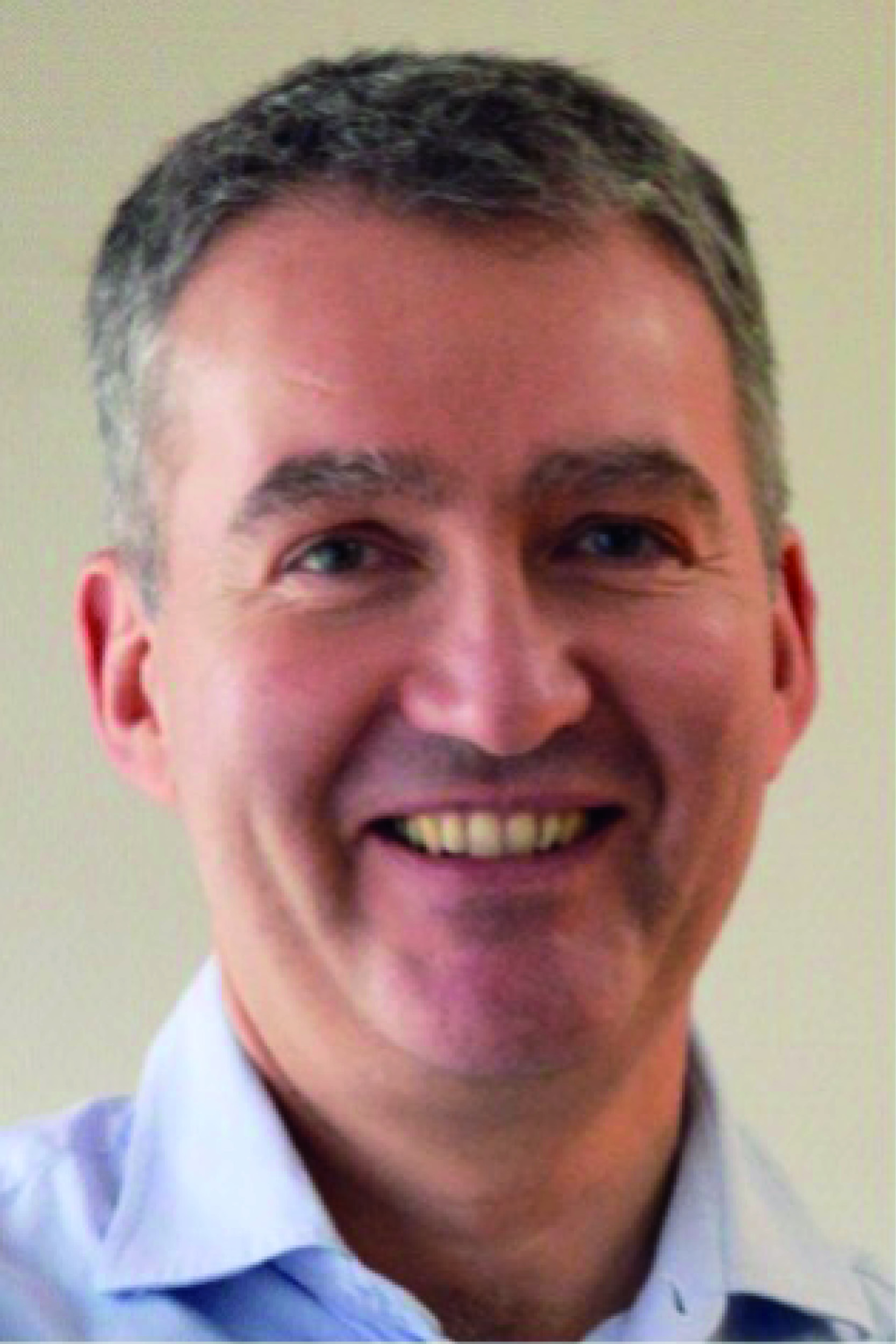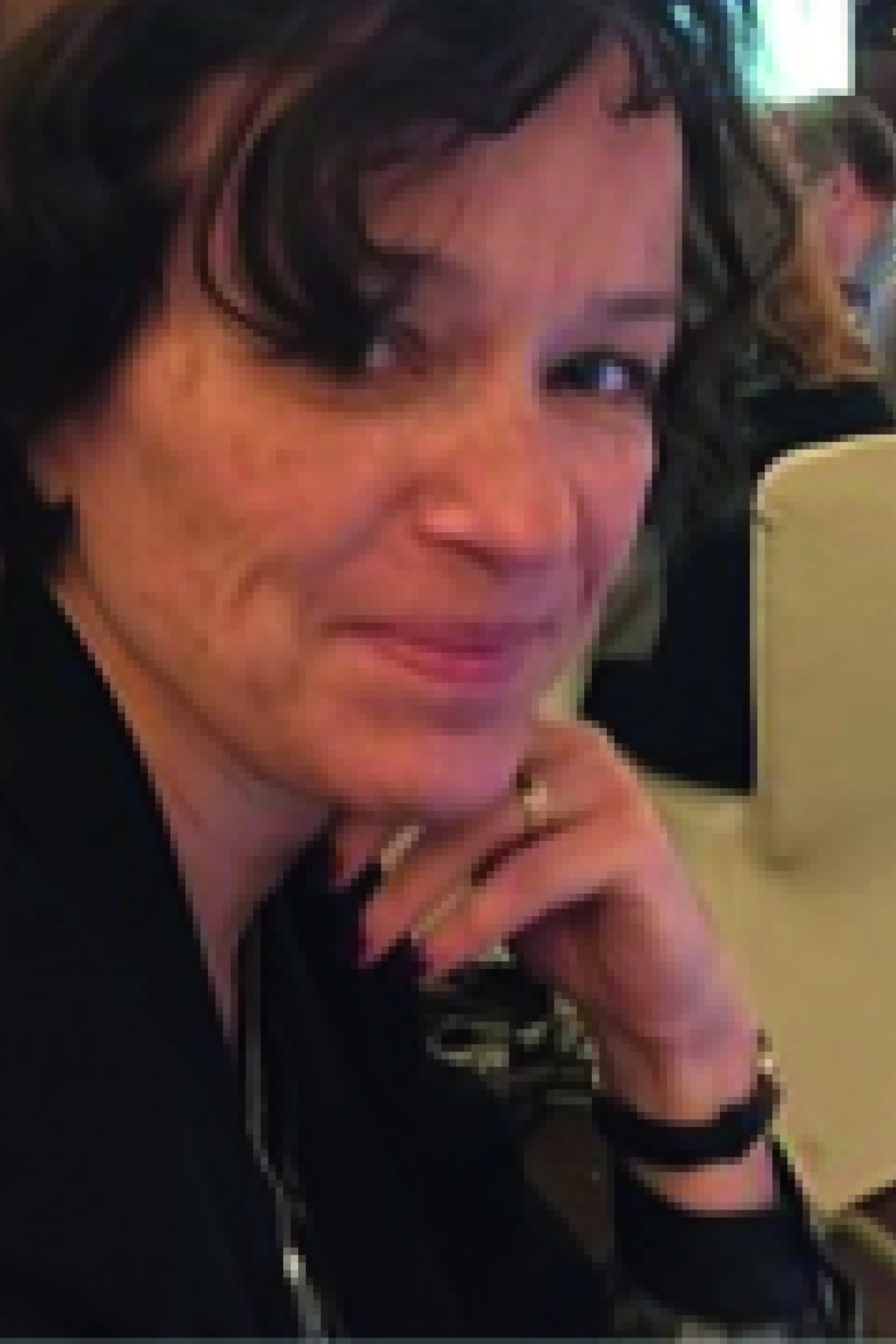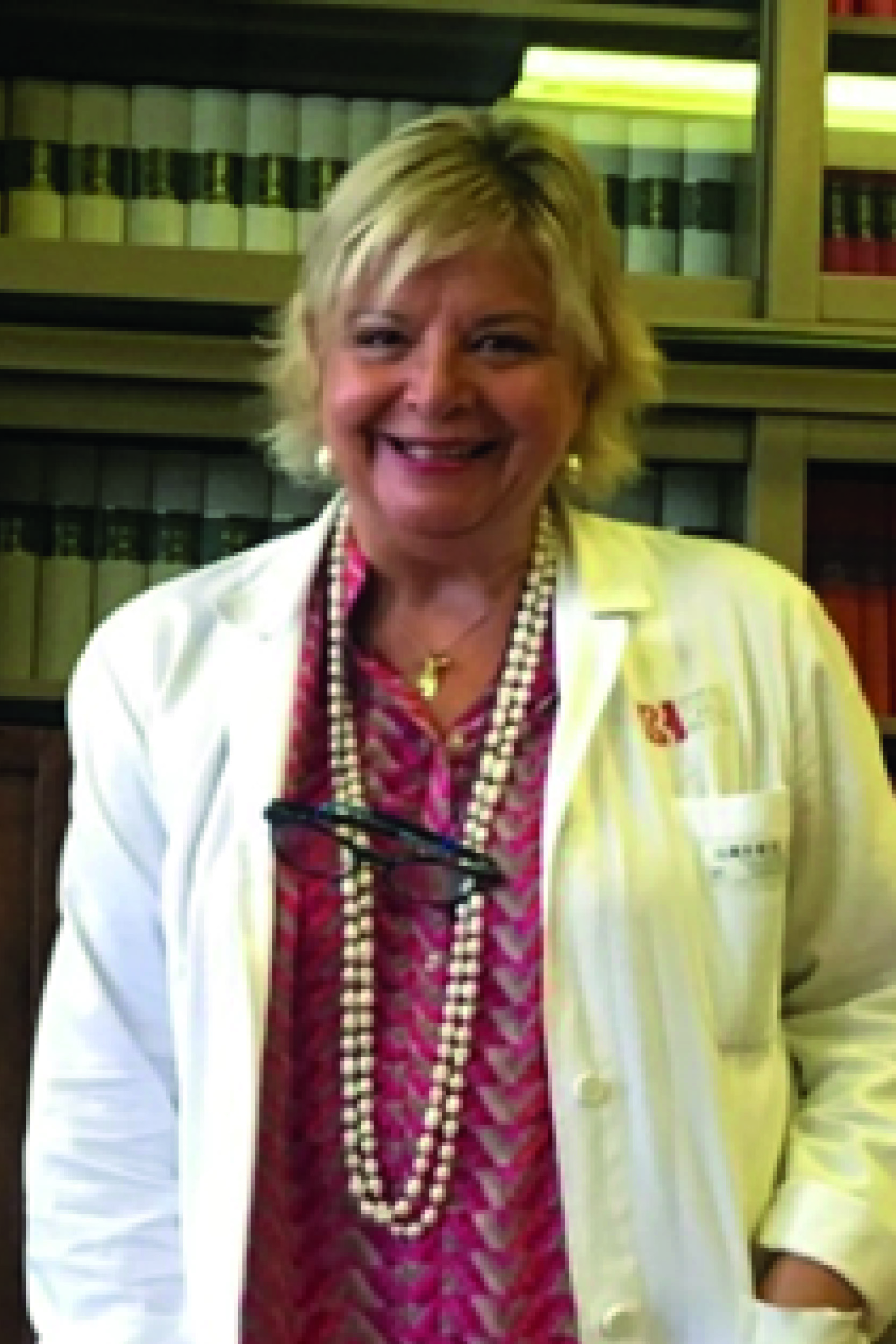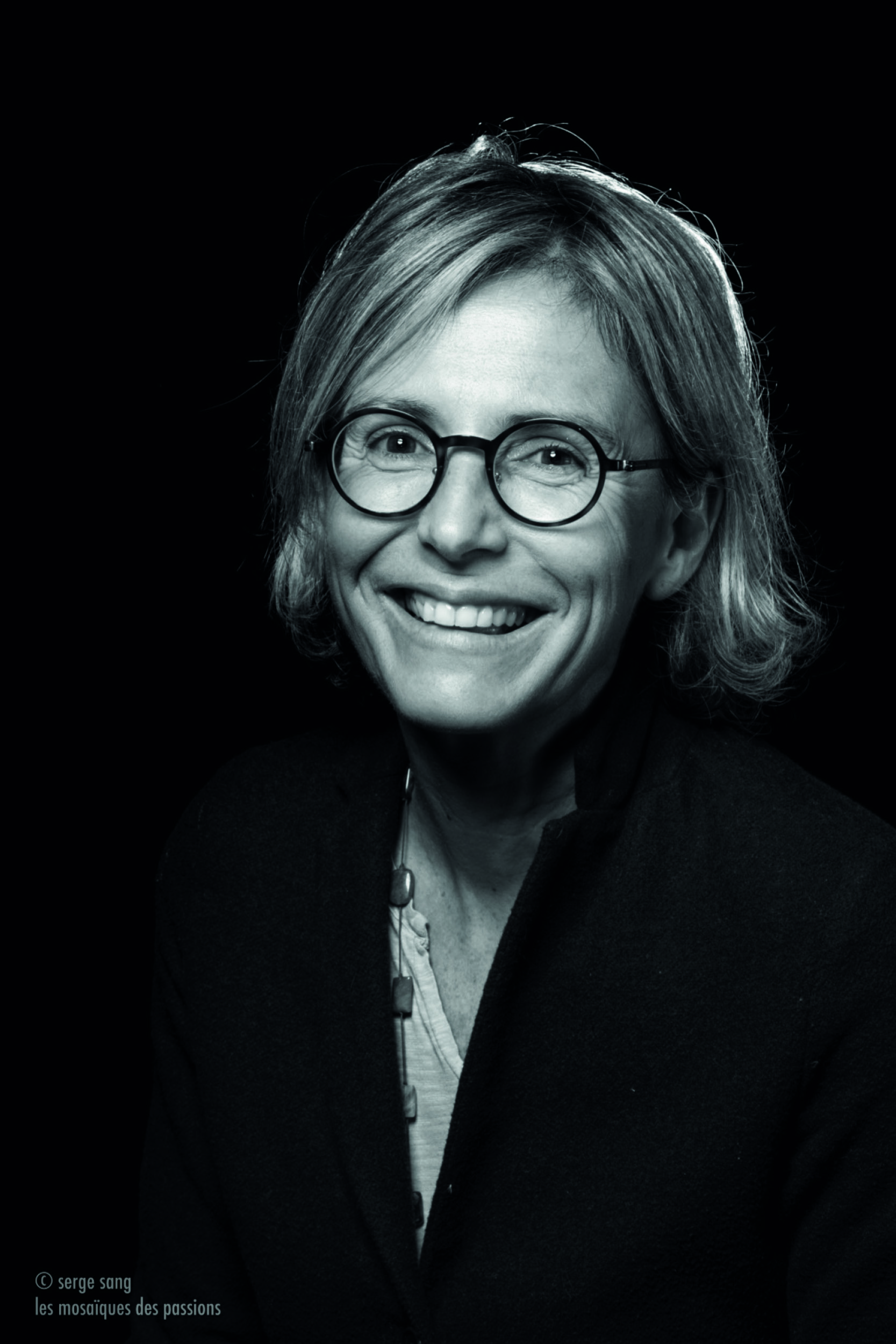Archives du blog
- Home /
- Intervenant
Angelique de Rijk, Co-chair
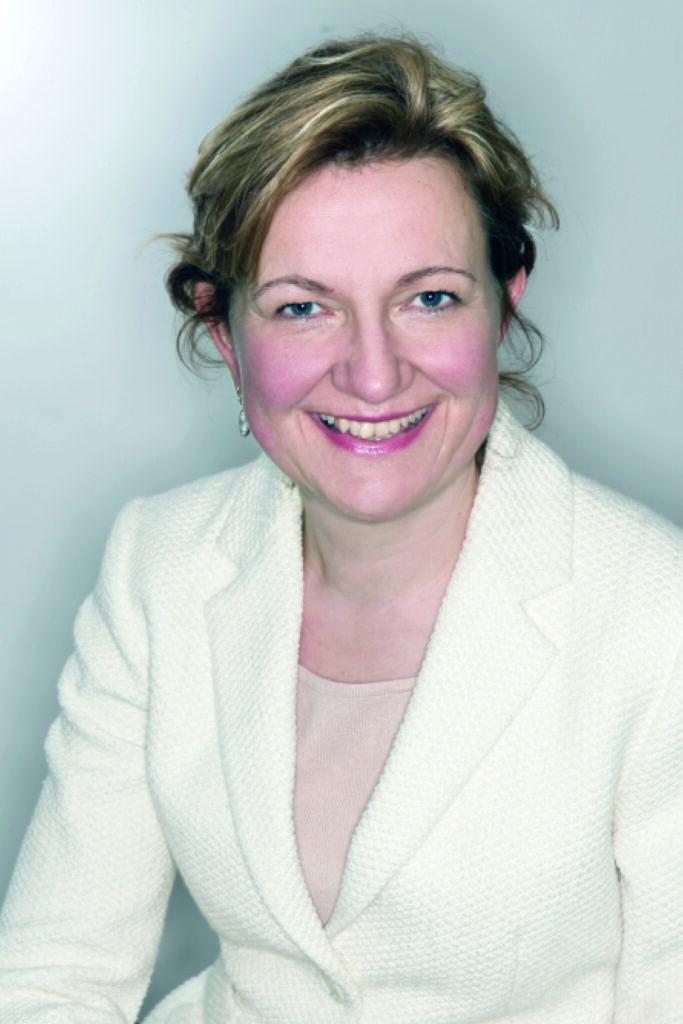
Angelique de Rijk (PhD) is full professor in Work and Health, specialising in re-integration into work, at the Department of Social Medicine at Maastricht University, the Netherlands. She holds a master in Work and Organisational Psychology and received her PhD in Health Psychology in 1999. Since then, she has focussed her research and education on psychological and sociological approaches to work disability and re-integration into work. In her current research she focuses on the relationship between labour participation and health, in the light of 1) prevention of work-related mental health disorders; 2) curative health care interventions on work-related support; 3) how employers support stay-at-work and re-integration into work and 4) (inter)national policy comparisons. The focus is on persons with chronic health conditions, with cardiac conditions and cancer in particular and on common mental health conditions, with burnout in particular. She uses both quantitative and qualitative methods; methods are chosen to fit with the topic, theory and aim of the research. Regarding research, Angelique de Rijk has contributed to more than 150 publications in international and national journals, books and reports. Currently, she supervises seven PhD-students. She has been chair of the revision of the Dutch guideline on Cardiac Rehabilitation in 2008-2011 and is currently chair of the Dutch guideline on Cancer and work. She has supervised diverse research projects on sickness absence, labour participation of chronically ill, and interventions for return to work. She currently supervises projects on sustainable employability and lifestyle for low-educated employees, hospital-based work-related care, return-to-work in employees with mental health disorders, and how to support employers of small and medium enterprises to manage return-to-work of their employees. She was member of the EU Costnetwork CANWON, the CANcer and WOrk Network, and co-ordinated its European study on employer perspectives on cancer in the workplace (2013-2017). She was rapporteur of the working group on Cancer and Employment for the European Cancer Meeting of the French National Cancer Institute. Since 2018, she has been board member of the living lab on Work & Health with Social Insurance South East Netherlands, an initiative to promote exchange of research and practical knowledge in Social Insurance Medicine. Angelique de Rijk has extensive experience with (professional) training and education, within bachelor, master and post-graduate programmes and to professionals outside university.
See others scientific committee members :
Yves Roquelaure, Co-chair
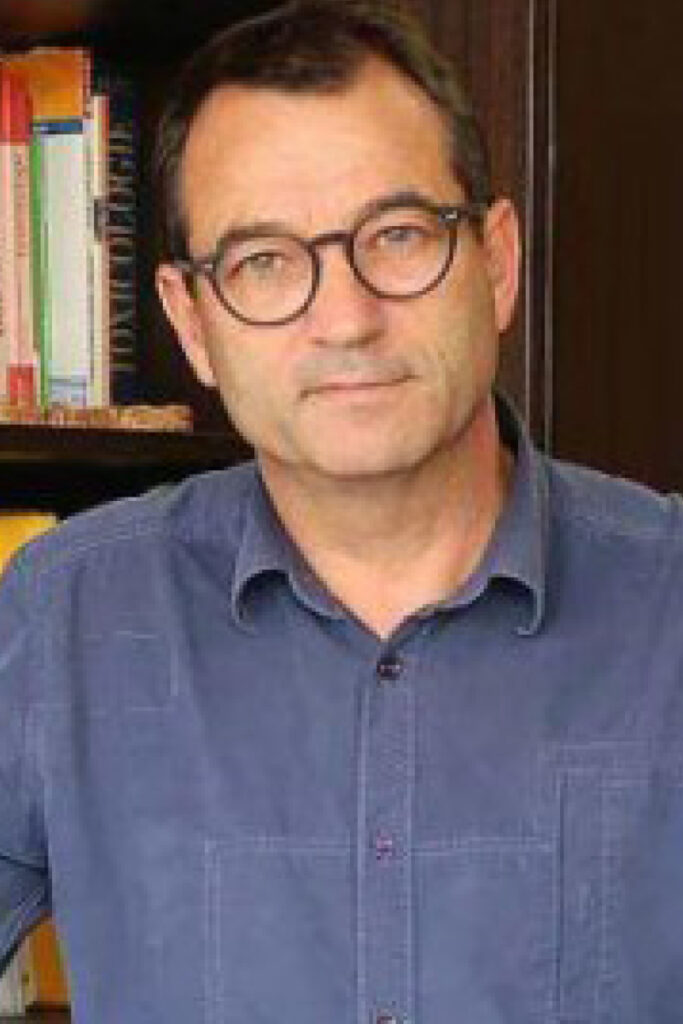
Yves Roquelaure is professor of Occupational Health at the Faculty of Medicine of Angers and director of the occupational health and job retention service of the Angers University Hospital. He directs the INSERM team Epidemiology in Occupational Health and Ergonomics of the Institute for Research in Environmental and Occupational Health (Irset). He is Deputy Director of the SIRIC ILIAD (2018-22). His fields of scientific expertise are occupational health, epidemiology and ergonomics, prevention of work-related disorders, and return to work after cancer.
See others scientific committee members :
Corinna Bergelt
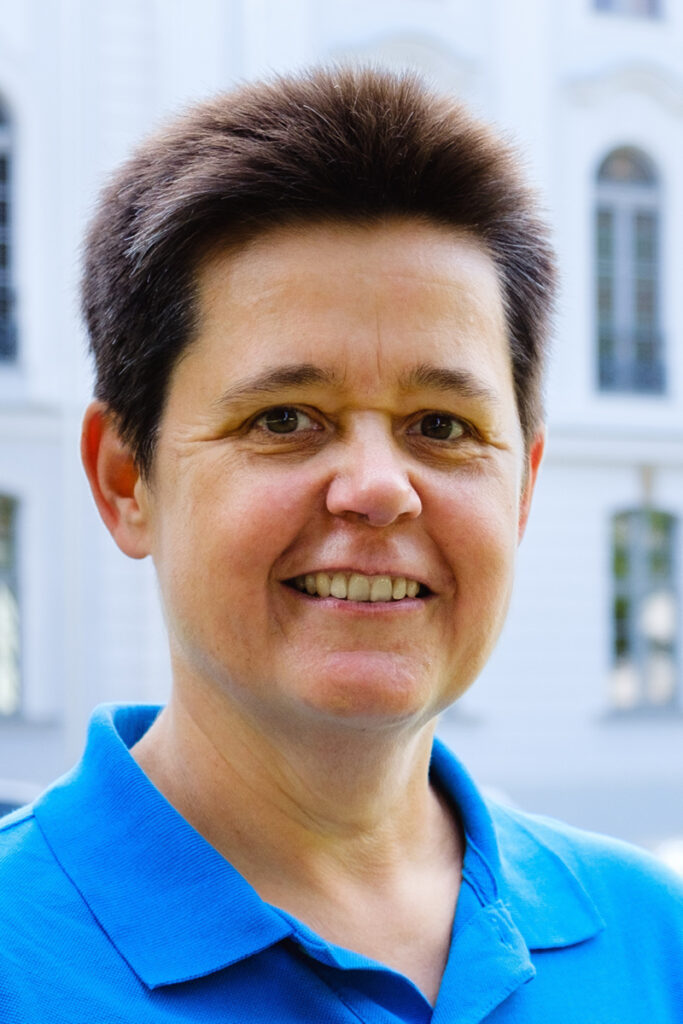
Prof. Dr. Corinna Bergelt is a full professor and head of the Department of Medical Psychology at Greifswald University Hospital at the University of Greifswald, Germany. Her research covers various aspects of health care research and psychooncology, including cancer and the family, cancer rehabilitation and survivorship issues as well as medical communication, shared-decision making and patient-oriented care. In addition to her research activities, she is also involved in the education of medical students and teaches medical psychology and patient-doctor communication.
See others scientific committee members :
Hélène Bonnet
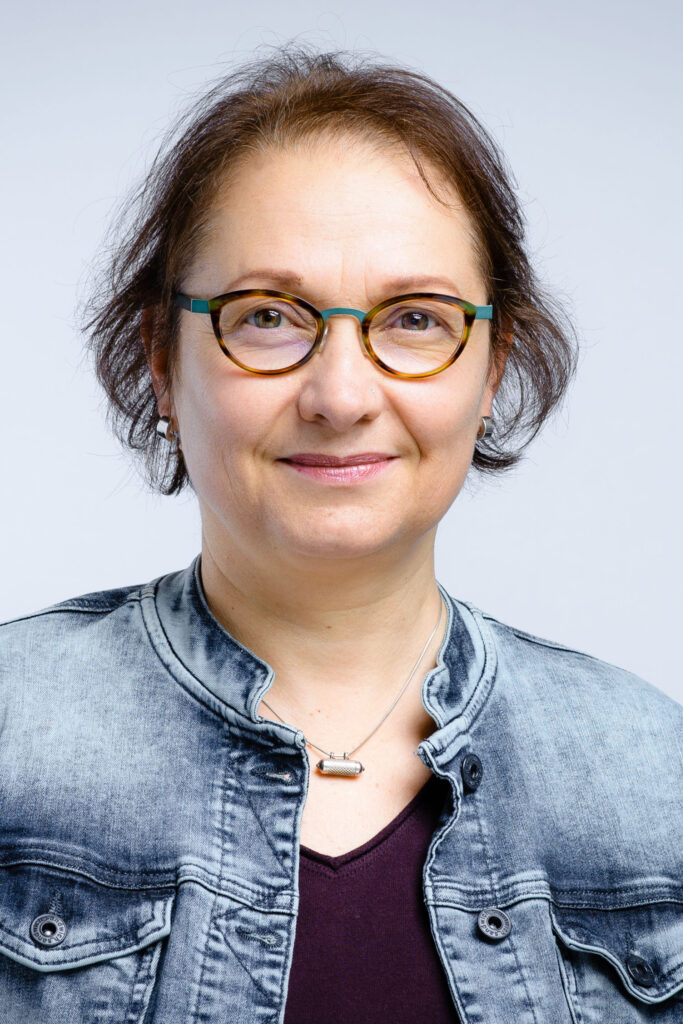
Hélène Bonnet, Engineer in biotechnology and PhD in molecular and cellular biology, works at Sanofi since 1996. For 18 years, she develops scientific teams, assets and expertise in high throughput biology and pilots transversal projects aimed to accompany the evolution of sciences and technologies. In 2015, diagnosed with a breast cancer, she lives the care path and returns to work. Astonished by the difficulty of return to work, she studies the different steps, actors, drivers and breaks to better understand what makes the situations favorable or not for recovery. Eager to contribute and respond to the unmet needs, she built a team of collaborators concerned by cancer that engaged Sanofi to sign the chart “cancer and employment” of the French National Institute of Cancer. Consequently, they build an internal network made of peers and experts to find ways to better accompany collaborators of Sanofi France. Since then, she pilots at full time the program « Cancer & Travail : Agir ensemble » : sponsored by the French Presidency of Sanofi, it develops actions to sensibilize, diffuse practices and accompanies collaborators. To develop a pragmatic and scientific based program, she actively shares with Institutions, companies, centers of care and associations, in particular as an active member of the “Intercompany Club” of French Cancer Institute. In 2019 she obtains the diploma of “Patient Partner in Recovery in Oncology” at the University of Patients at Sorbonne Universities. In 2020, she joins the open innovation project “Working and living with or after a cancer” piloted by Le Nouvel Institut. In 2021 the program receives an Innovation Award from the French Hospitals Federation. In 2022, she is invited by the French National Institute among the experts called to propose concrete European recommendations toward “cancer and employment” at the 1st European Days.
See others scientific committee members :
Angela de Boer
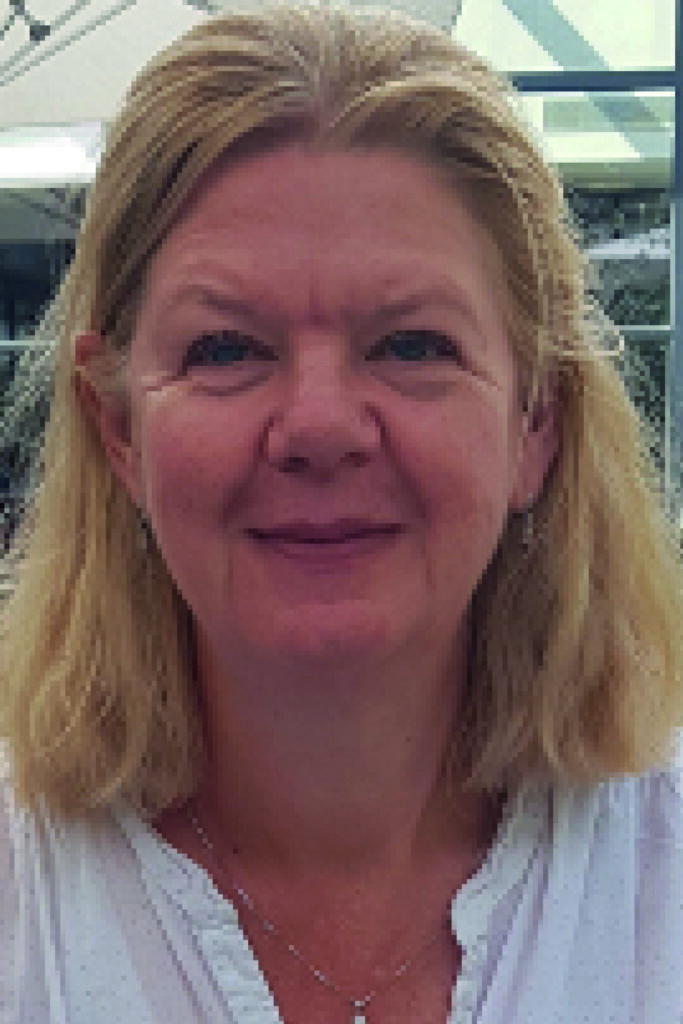
Angela de Boer is full professor at the University of Amsterdam and principal investigator at department of Public and Occupational Health of the Amsterdam University Medical Centers, location Academic Medical Center. The focus of her research is on chronic disease and work, with special attention on cancer and work. Her research programme aims to provide high-quality, evidence-based contributions to: 1) identify prognostic factors for return-to-work and work maintenance of cancer survivors; 2) explore cancer survivors’ views on return to work and to continue working; 3) assess the impact of cancer on return-to-work and to work continuation; 4) assess quality of working life of cancer survivors; 5) improve psychosocial oncological care regarding work-related issues by designing and evaluating interventions for cancer patients; and 6) assess cost-effectiveness of work-related oncological interventions. She found and chaired the European H2020 COST network on cancer and work CANWON with over 100 members from 23 countries.
See others scientific committee members :
Saskia Duijts
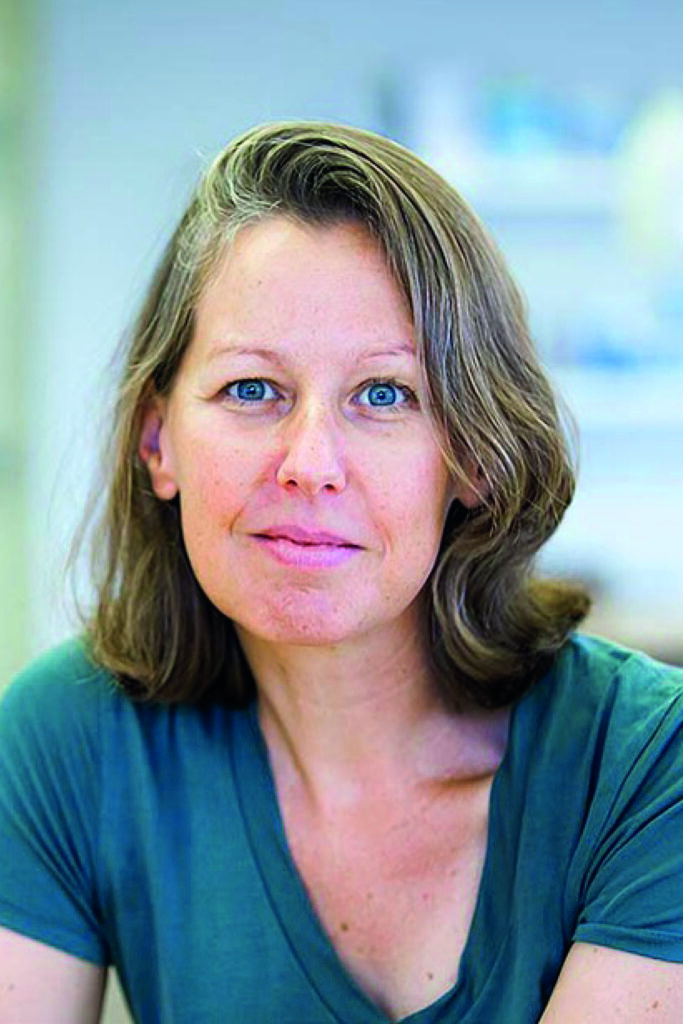
Dr. Saskia F.A. Duijts received her PhD in Occupational Health Epidemiology in 2007, and worked as a postdoctoral researcher several years in Cancer Epidemiology and Psycho Oncology at the Netherlands Cancer Institute in Amsterdam. In 2010, she was given the opportunity by the Amsterdam University Medical Centers to become a senior researcher and combine both interests, primarily conducting and supervising quantitative and qualitative research in ‘Cancer and Work’. Dr. Duijts was granted a 4-year fellowship from the Dutch Cancer Society in 2014, which enabled her to travel the world and establish new research collaborations within Psycho Oncology at large. She worked among others in the UK, Australia, Canada, and Denmark. Increasing the quality of life of cancer patients and survivors (both common and rare tumor types) not only has her focus in research, but also in other academic activities. Dr. Duijts is the editor of the 4th edition of the ‘Handbook on Psychological Care in Oncology’, an Associate Editor of the European Journal of Cancer Care and the Journal of Cancer Survivorship, a board member of Psycho Oncology, a member of the Research Committee of the International Psycho Oncology Society, and a member of the assessment committee of the Dutch Cancer Society. Further, dr. Duijts is coordinator of the 2-month course ‘Oncology & Public Health’ at the Free University in Amsterdam. Currently, she is working as a senior researcher at the Amsterdam UMC and she is the team leader of the ‘rare cancer’ group at the Netherlands Comprehensive Cancer Organisation. Dr. Duijts has supervised several PhD students in the Netherlands and abroad, numerous Master students, published > 100 articles, contributed to many book chapters, and received about €2.5 million funding.
See others scientific committee members :
Jean-Baptiste Fassier
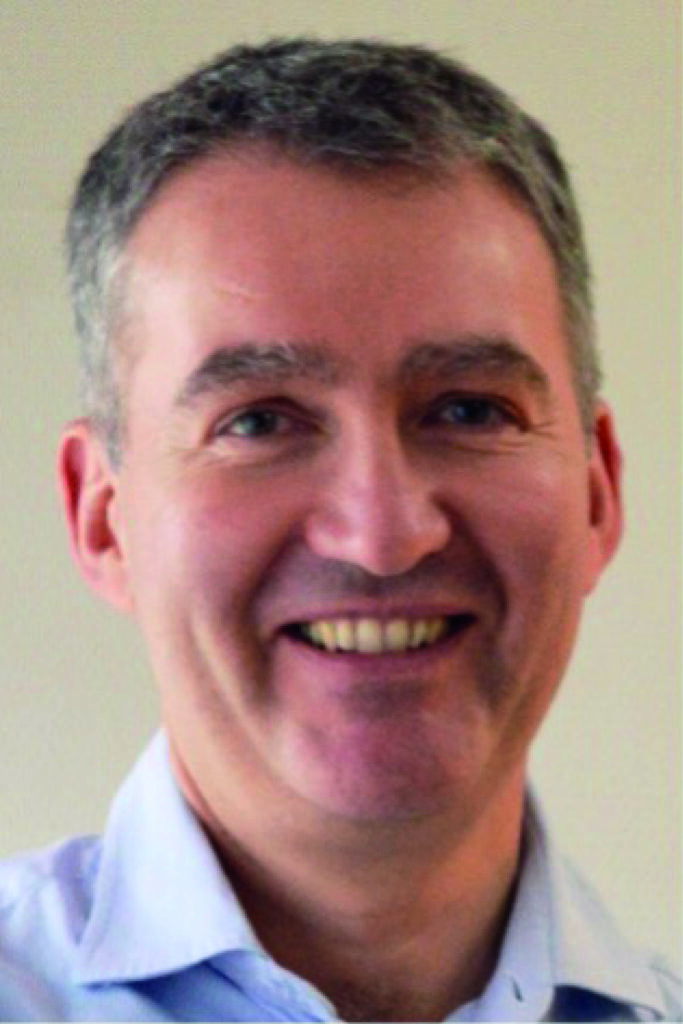
Jean-Baptiste Fassier (MD, PhD) is an occupational physician at Lyon University Hospital and full professor of occupational medicine at the Faculty of Medicine of Claude Bernard Lyon 1 University (UCBL). He is a researcher at UMRESTTE (UMR T 9405), Unité Mixte de Recherche Epidémiologique et de Surveillance Transport Travail Environnement. His research explores work disability prevention and reintegration issues, promoting scientific and professional advancement of optimal methods to promote work participation and work ability of workers with a range of health conditions and work situations (low back pain, breast cancer). He is the principal investigator of the FASTRACS project dedicated to develop, implement and evaluate an intervention to facilitate and sustain return to work after breast cancer.
See others scientific committee members :
Christine le Clainche
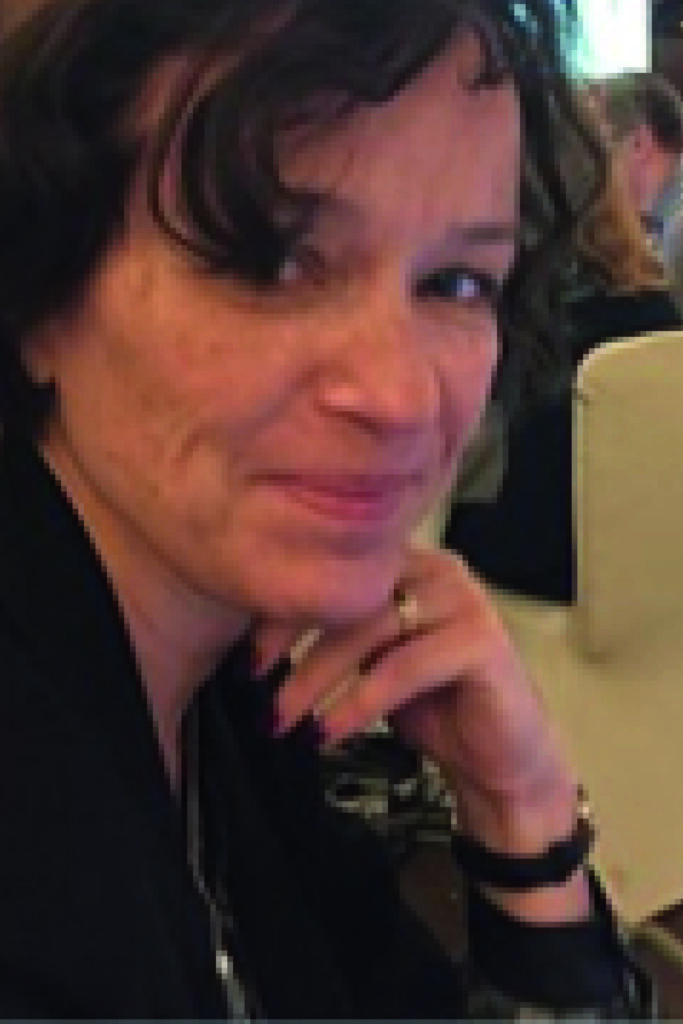
Christine le Clainche is full professor at the University of Lille, a current elected member of its Administrative Council and formerly of its Scientific Council. She is also a researcher at LEM UMR Cnrs 9221 and OncoLille. She is responsible for the Master 2 Health Economics in this university and the health economics teachings of the Master Precision Health. In particular, she coordinated research conducted on the effects of the onset of cancer on the subsequent professional career of employees in the private sector, which identifies the significant risks of inactivity, likely to vary according to cancer location. She is more generally interested in the links between health and work and seeks to identify the conditions for returning to work or job retention for employees suffering from chronic diseases after a health event leading to sick leave. She is also interested in patients’ health behaviors in relation to the disease or its detection
See others scientific committee members :
Matilde Leonardi

Current Affiliations:
- Director of Neurology, Public Health, Disability Unit and Coma Research Centre and Director Italian WHO Collaborating Centre-Research Branch Fondazione IRCCS Istituto Neurologico Carlo Besta, Milan, Italy
Qualifications and memberships:
Neurologist , Paediatrician, Neonatologist, Child neurologist. Specialized in Bioethics. WFNR Presidium member, EAN board member, EFRR board member, WHO expert on disability and neurology Corresponding member of the Pontificia Academia Pro Vita. FEAN Fellow of the European Academy of Neurology. From June 2020 nominated Co chair WHO NeuroCovid Forum–essential neurological services Group and member of Neuro Covid Global Research Coalition.
Areas Of Interest:
- Developing and carrying out national and international research projects related to burden of diseases, neurology (in particular disorder of consciousness and headaches), neurocovid, neurorehabilitation, disability, ageing, chronic non communicable diseases, public health, employment and NCDs, ICF (WHO’s International Classification of Functioning, Disability and Health) and related instruments.
Publications: more than 270 publications on related topics
Awards: Italian excellence for research 2019 – one of the 100 Italian Excellences
See others scientific committee members :
Pascale Levet
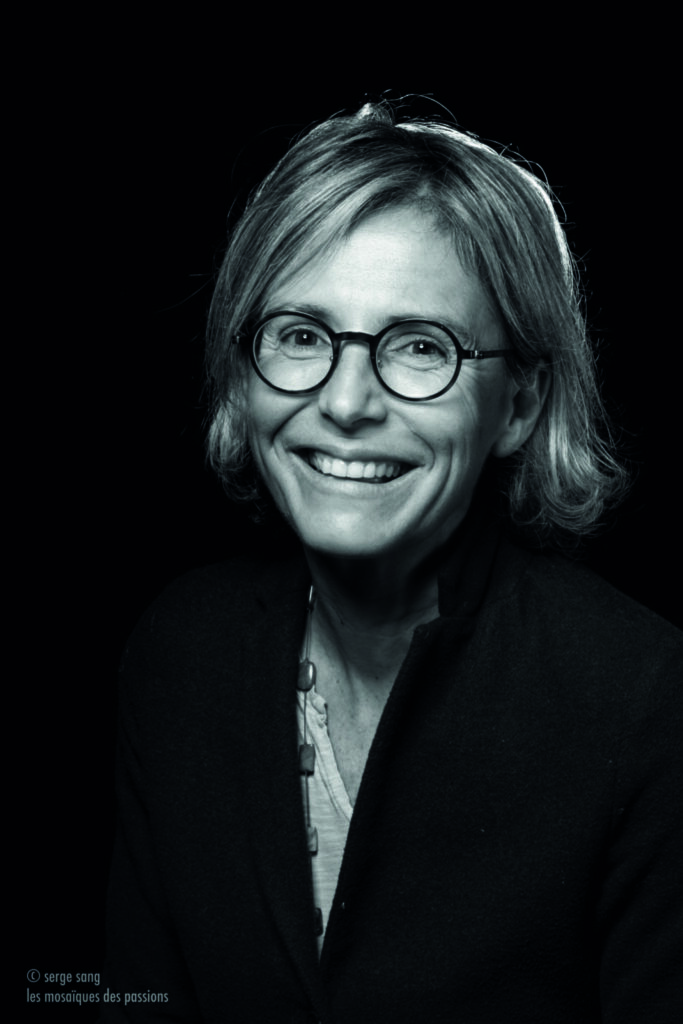
Pascale Levet has developed her professional path between studies and research; she began as a research associate and strategy teacher at EM Lyon then joined the Adecco group where she will found and manage the Lab’HO (Studies and Research EIG) before joining the Anact (National Agency for the Improvement of Working Conditions) as scientific director between 2008 and 2015. Since 2016, she has been an associate professor at IAE-Université Lyon 3 and co-founded and manages Le Nouvel Institut, an association of general interest to carry out open innovation projects dedicated to the wicked problems rising at the strategic agenda of companies. She is a member of the Scientific Council of the Observatoire des Cadres, chairs the Scientific Committee of Foundation Travailler Autrement ; she is also a member of the French Council on Working Conditions, of which she chairs the Commission Etudes et Recherches and member of the Scientific Council of the Communauté des Entreprises à Mission.
See others scientific committee members :

